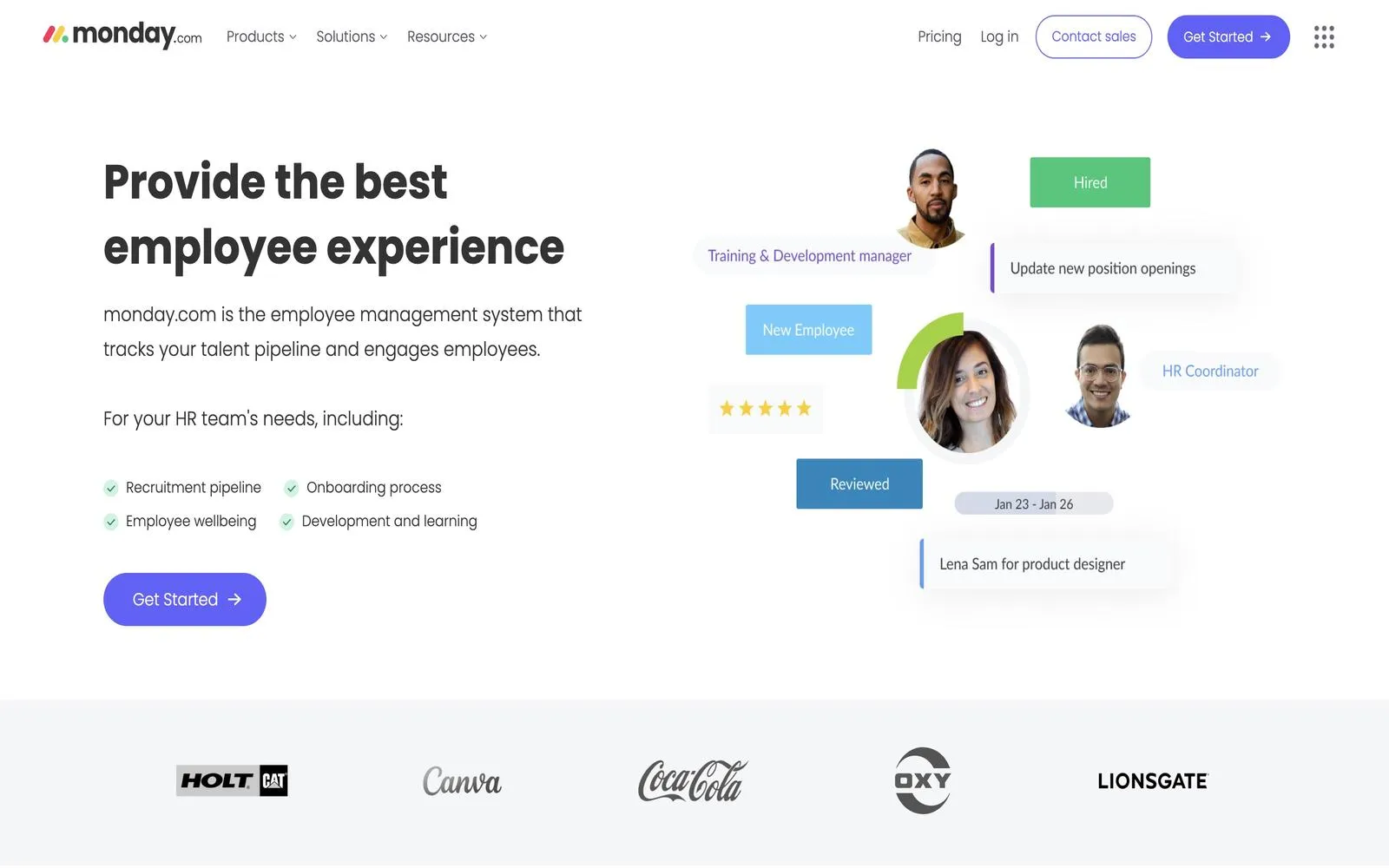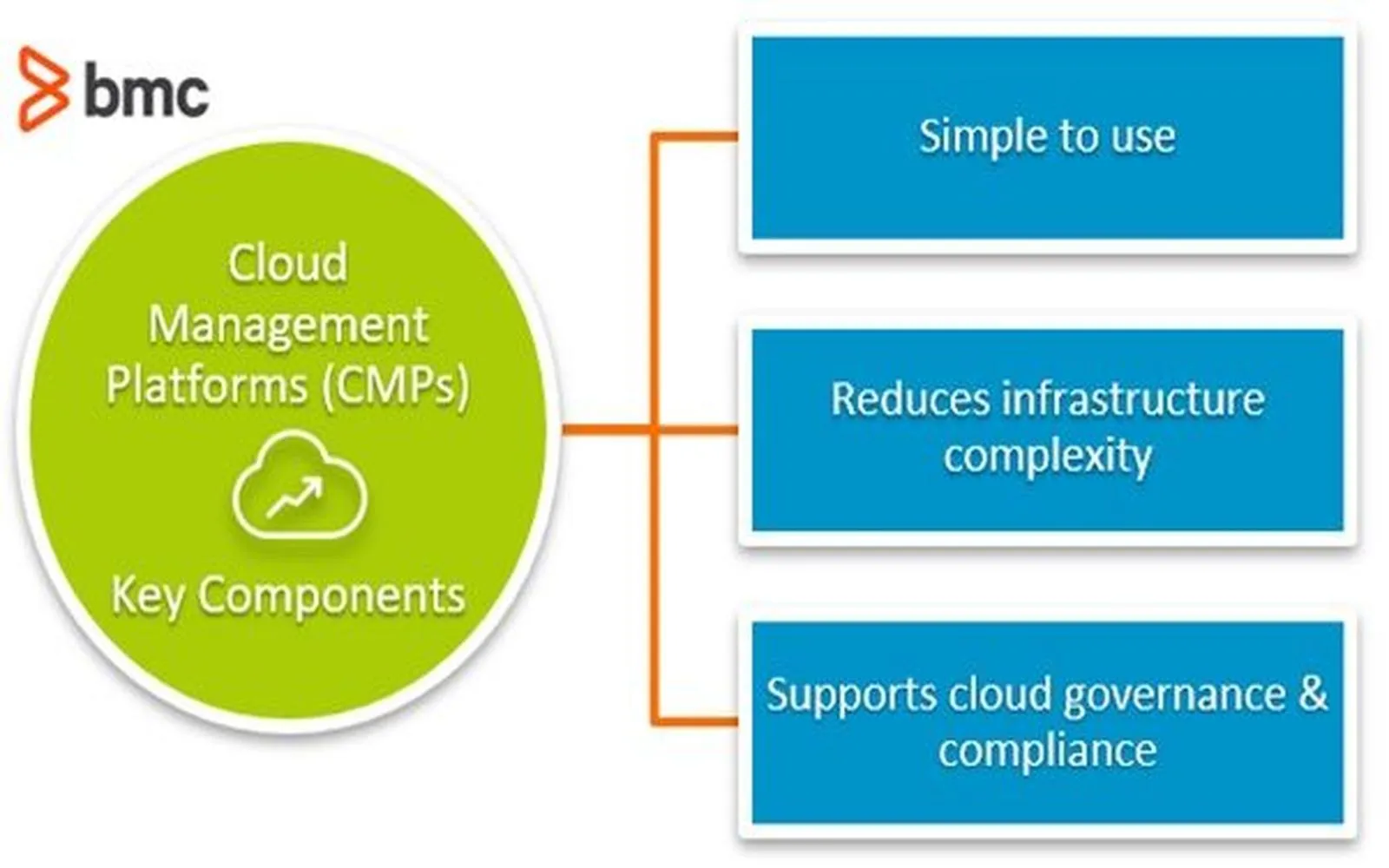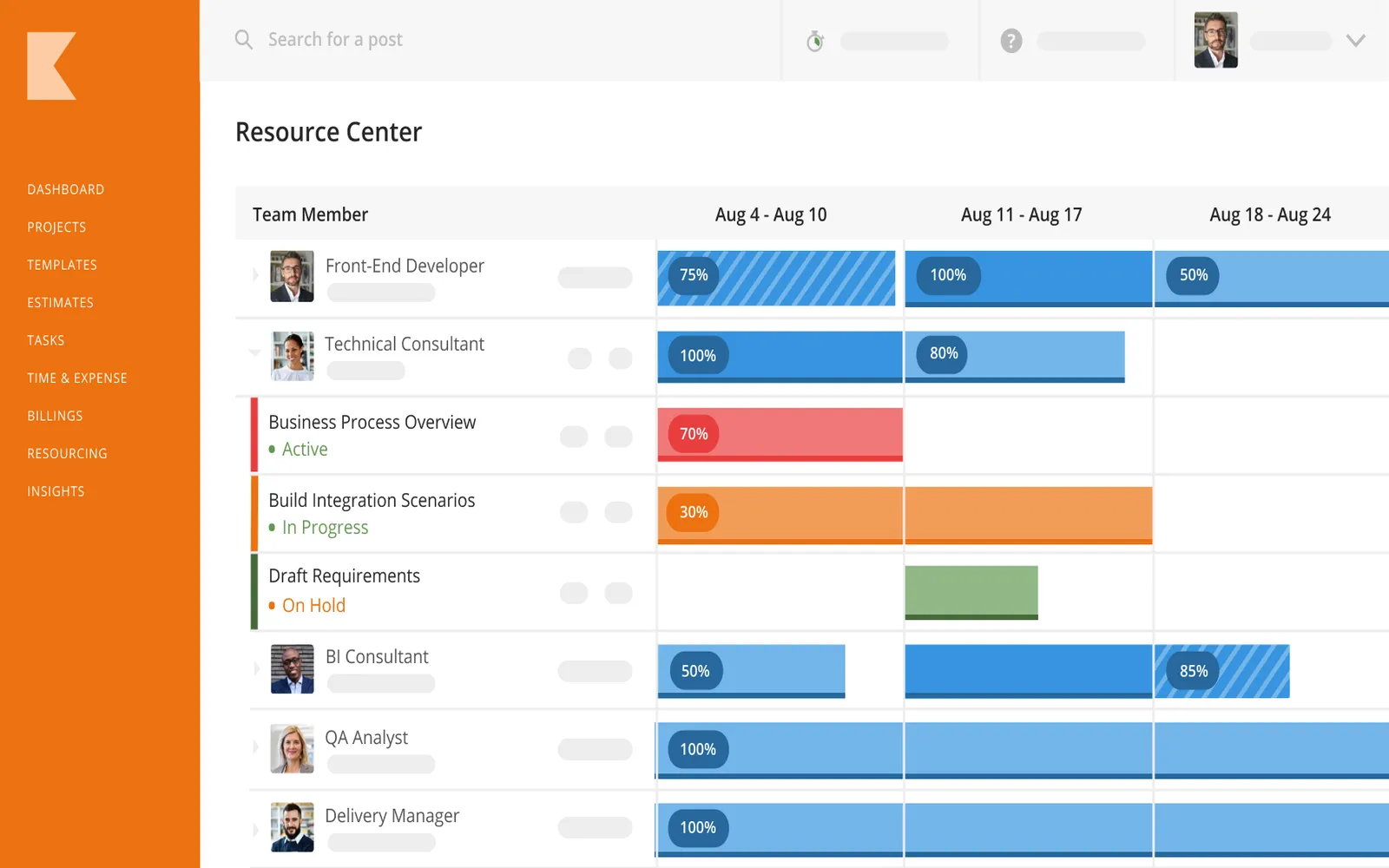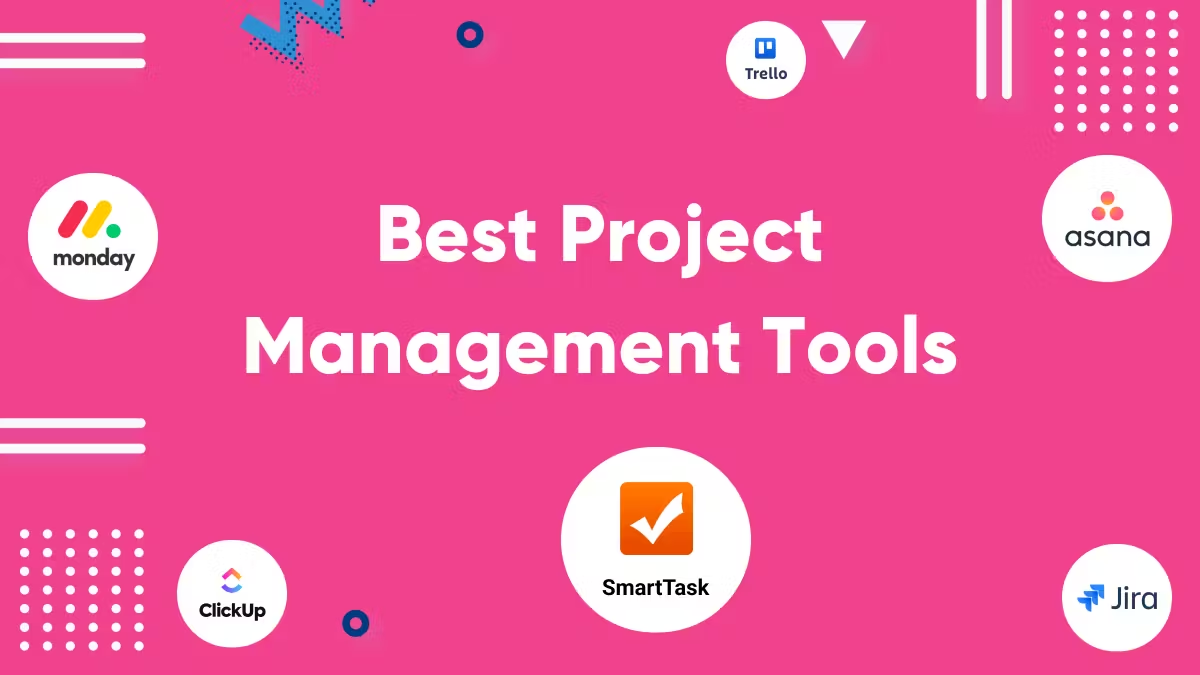6 Best Inventory Management Software of 2025
As businesses scale in 2025, having the best inventory management software is no longer a luxury—it’s a necessity. Efficient inventory tracking reduces costs, prevents overstocking, and ensures customer satisfaction. With countless tools available, choosing the right solution can feel overwhelming. This guide compares the top inventory management systems to help you find the perfect fit for your business.
Why Inventory Management Software Is Essential in 2025
In the age of e-commerce, global shipping, and real-time logistics, inventory management software helps businesses:
- Automate stock levels and reorder alerts
- Integrate with e-commerce and POS platforms
- Forecast demand with AI-powered tools
- Reduce human error and prevent inventory loss
Whether you’re a small business or a large enterprise, using the right system boosts efficiency and accuracy across your supply chain.
What to Look for in Top Inventory Software
Before we dive into the best options, here are the key features that define top inventory management platforms in 2025:
- Real-time inventory tracking
- Multi-warehouse support
- Barcode and RFID scanning
- Automated reorder points
- Integration with accounting, CRM, and e-commerce tools
- Cloud-based accessibility
Comparison Chart: 6 Best Inventory Management Tools of 2025
| Software | Best For | Cloud-Based | Starting Price (Monthly) | AI Forecasting | Free Trial |
|---|---|---|---|---|---|
| NetSuite ERP | Enterprises | ✅ | $99/user | ✅ | ❌ |
| Zoho Inventory | Small Businesses & Startups | ✅ | $59/month | ✅ | ✅ 14 days |
| Cin7 Omni | Omnichannel Retailers | ✅ | $325/month | ✅ | ✅ 14 days |
| Fishbowl | Manufacturers & Wholesalers | ✅ | $329/month (cloud) | ❌ | ✅ 14 days |
| Katana | DTC & Small Manufacturers | ✅ | $179/month | ✅ | ✅ 14 days |
| QuickBooks Commerce | QuickBooks Users | ✅ | $50/month | ❌ | ✅ 30 days |
1. NetSuite ERP: Complete Enterprise Inventory System
NetSuite by Oracle offers a robust, cloud-based inventory management ERP built for enterprise-level businesses. It handles everything from procurement and warehouse management to demand forecasting and real-time reporting.
Best for: Enterprises with complex supply chains
Pros: Advanced features, strong reporting, global scalability
Cons: Expensive and complex setup
Bonus: Built-in financials and CRM integration
2. Zoho Inventory: Affordable and Scalable
Zoho Inventory continues to impress in 2025 with an intuitive interface, low pricing, and seamless integration with Zoho CRM, Shopify, Amazon, and eBay. It now features AI-powered demand prediction and automated reorder triggers.
Best for: Startups, small businesses, and e-commerce sellers
Pros: Cost-effective, multi-channel syncing
Cons: May not support complex manufacturing workflows
3. Cin7 Omni: All-in-One Omnichannel Control
Cin7 Omni is an ideal solution for multi-channel retailers that need centralized control across online and offline stores. With native integrations to Amazon, Walmart, Shopify, and 3PLs, it’s designed for businesses that operate in various sales channels.
Best for: Retailers and wholesalers with multiple locations
Pros: Powerful integration, smart automation
Cons: Higher cost for small teams
4. Fishbowl: Inventory Software for Manufacturers
Fishbowl Inventory is known for its manufacturing-first approach and strong integration with QuickBooks. It supports work orders, materials tracking, and vendor management, making it ideal for manufacturers and distributors.
Best for: Businesses in light manufacturing or wholesale
Pros: Local server or cloud options, detailed BOMs
Cons: No AI forecasting; steep learning curve
5. Katana: Smart Manufacturing for DTC Brands
Katana is built for direct-to-consumer manufacturers and offers a clean, visual dashboard. With built-in real-time inventory tracking, MRP, and AI-powered demand planning, it's great for modern makers and artisans.
Best for: DTC brands and handmade product creators
Pros: Easy to use, modern UI, Shopify & WooCommerce integrations
Cons: Limited B2B features
6. QuickBooks Commerce: Ideal for QuickBooks Users
For businesses already using QuickBooks Online, QuickBooks Commerce (formerly TradeGecko) offers an integrated inventory management solution. It's great for streamlining order management and syncing inventory across channels.
Best for: Small to medium QuickBooks users
Pros: Seamless sync with QuickBooks, user-friendly
Cons: Limited manufacturing features
How to Choose the Right Software for Your Business
Here are a few questions to help narrow your options:
- Do you sell through multiple sales channels?
- Is manufacturing or assembly part of your process?
- How many SKUs do you manage?
- Do you need AI-powered demand forecasting?
- Do you already use accounting software like QuickBooks or Zoho?
Try free demos where possible. Most platforms offer free trials ranging from 14 to 30 days, giving you time to test features and usability.
Conclusion
Choosing the right inventory management software in 2025 can significantly streamline operations, save money, and boost customer satisfaction. Whether you're a small e-commerce brand or a large manufacturing enterprise, there's a tool tailored to your needs. From Zoho Inventory’s affordability to NetSuite’s enterprise power, make sure your system grows with your business.
Explore

Revolutionize Your Business with Employee Management Software: A Complete Guide to Streamlining Operations and Improving Productivity

Event Management Companies: Planning Unforgettable Events with Expertise

Cloud Management: Essential Guide to Streamlining Your Cloud Infrastructure

Top Fund Management Software and Tools to Streamline Your Investment Strategy in 2025

Top Project Management Software for Teams in 2025: Boost Collaboration and Efficiency

Project Management Software of 2025: Top Tools to Keep Your Team on Track

Contract Management Software Solutions: The Ultimate Guide for 2025

Ultimate Guide to Arthritis Relief in 2025: Innovative Treatments and Lifestyle Tips for Pain Management
